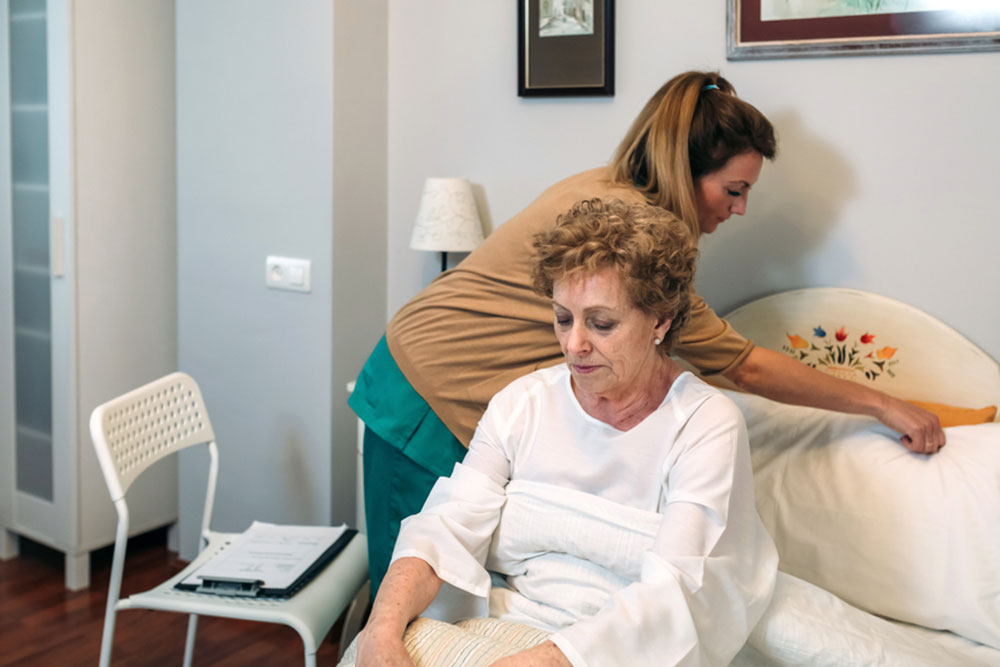Four effective tips to be a better cancer caregiver

Cancer is treatable only when it is identified in its initial stages. Once cancer metastasizes, the treatment methods are directed towards relieving the painful symptoms of cancer and limiting its progress. The treatment methods are long term, and the affected individual undergoes several physical and psychological changes through the course of treatment. It is a difficult time for the patient and their family as the individual’s health deteriorates gradually.
As the disease progress, there is a decline in the patient’s ability to perform daily activities, and it becomes imperative to have around-the-clock care for the individual. Cancer caregivers are those individuals who help the patient deal with cancer and help patients in their endeavor to try and lead a normal life. Cancer caregivers can be spouses, family members, or even close friends. One can even hire professional cancer caregivers for this purpose.
Here are some effective ways in which one can become an expert cancer caregiver for the patient:
- Emotionally supportive: The long-term cancer treatment methods aim to relieve the patient by reducing the severity of the symptoms. However, the patient would be emotionally distraught as well, and in such cases, they long for emotional support. As a cancer caregiver, it is one’s duty to help the individual maintain a sense of control over their lives, and care for their emotional well-being too.
- Managing tasks: Cancer caregivers have a lot of responsibilities such as giving medicines to the patient on time, managing the side-effects, reporting problems to the doctor, and keeping the friends or family in the loop. So, to ensure that each of these tasks is completed seamlessly, it is advisable to create a list of tasks and execute each one of these on time.
- Be a problem solver: Challenges would present themselves every once in a while during the course of caregiving. As a cancer caregiver, one has to be a problem solver; it is advisable to take charge and plan for emergencies. Moreover, it is imperative to identify the problems faced by the patient and devise ways to help them overcome these obstacles. Also, one shouldn’t deter from asking for help or advice from a more experienced individual.
- Communicate effectively: One of the major duties of cancer caregivers is to communicate with the patient under their care. A caregiver can perform this task brilliantly if they ensure that there are no obstacles in communication. So, it is necessary to assure the patient that they will be a central part of all the discussions and decisions, and this will help the patients shed any inhibitions they experience while communicating.



